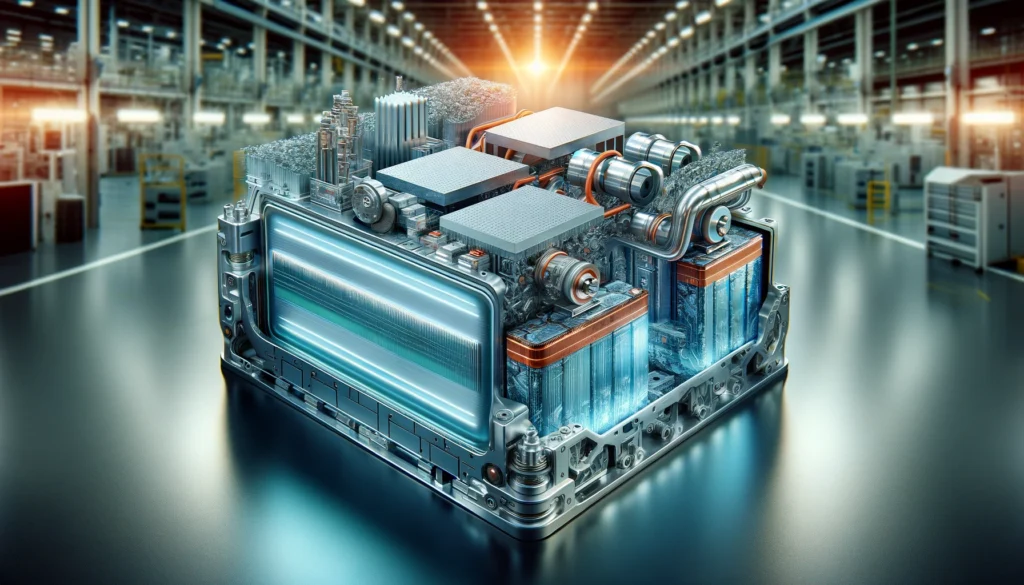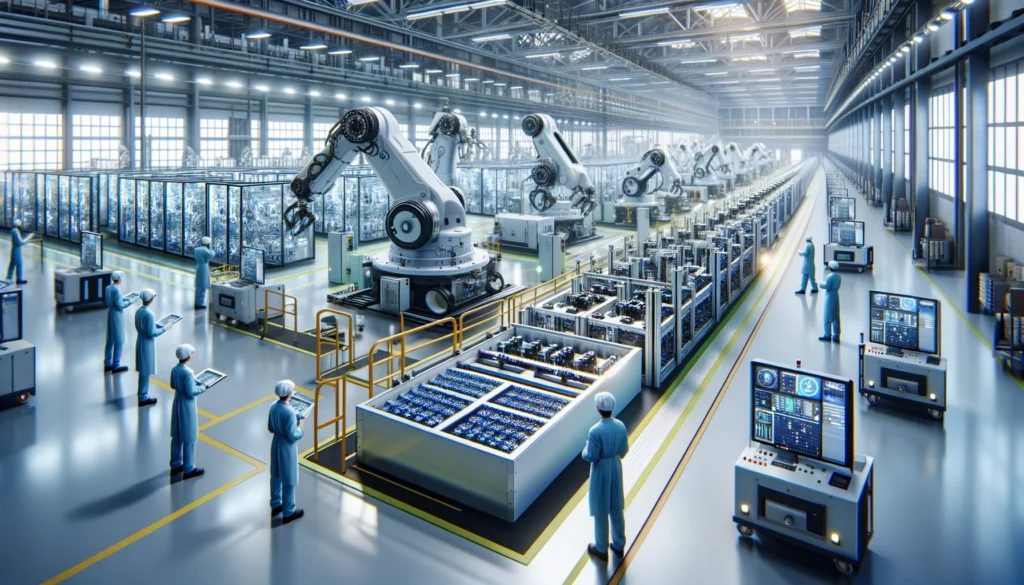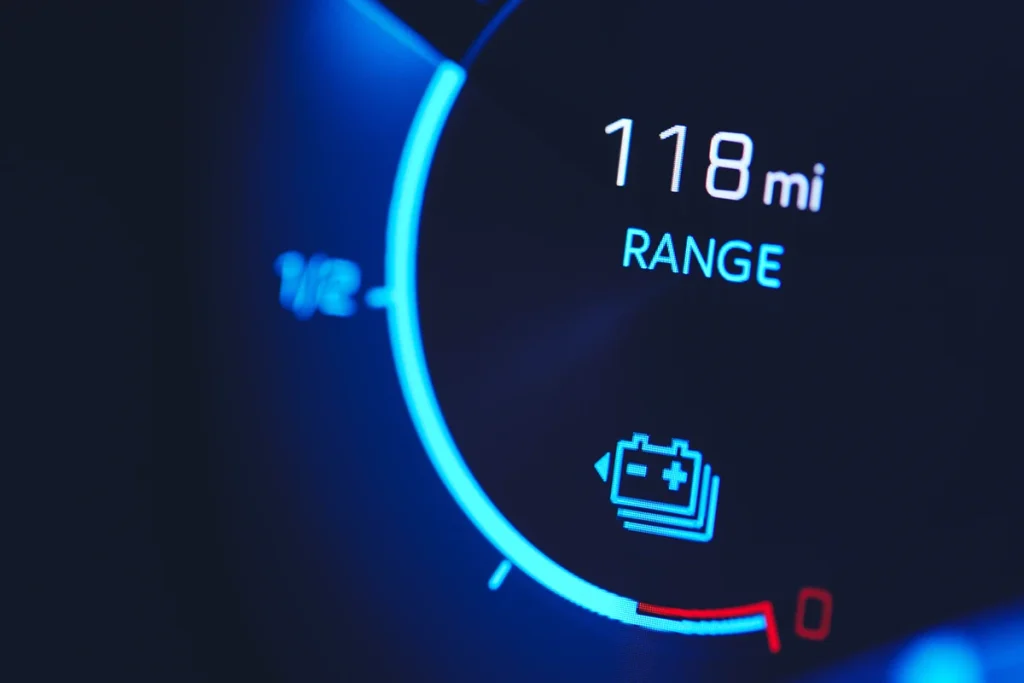Ford Motor Co. has announced a reduction in the scale of its electric vehicle (EV) battery plant in Michigan, originally planned as a major investment in EV technology. Here are the key points:
- Investment and Capacity Reduction: Ford is scaling back its initial plan to spend $3.5 billion on the Blue Oval Battery Park Michigan, intended to produce 35 gigawatt hours of batteries annually and employ about 2,500 people. The revised plan includes reducing the plant’s capacity to 20 gigawatt hours and hiring 1,700 workers instead.
- Reduced Capital Investment: Corresponding to the 40% capacity reduction, Ford’s capital investment in the plant will also decrease. Though an exact figure wasn’t provided, the reduction indicates a new estimated investment of about $2 billion.
- Restarting Construction: Construction of the factory near Marshall, Michigan, which was paused two months ago, will now resume. This factory is expected to start producing low-cost lithium-iron batteries by 2026, using technology licensed from Chinese battery maker CATL.
- U.S. Subsidies and CATL Ties: Ford’s association with CATL has drawn criticism from U.S. lawmakers, concerned about EV subsidies benefiting a Chinese entity. Ford is also seeking approval from the U.S. Treasury Department for these lithium-iron batteries to qualify for Inflation Reduction Act EV subsidies.
- Overall Reduction in EV Investments: In a broader context, Ford announced in October a $12 billion cut in future EV investments compared to previous plans, including postponing construction of battery factories in Kentucky and Turkey.

This decision by Ford reflects adjustments to market demand and investment strategies in the evolving EV sector.


